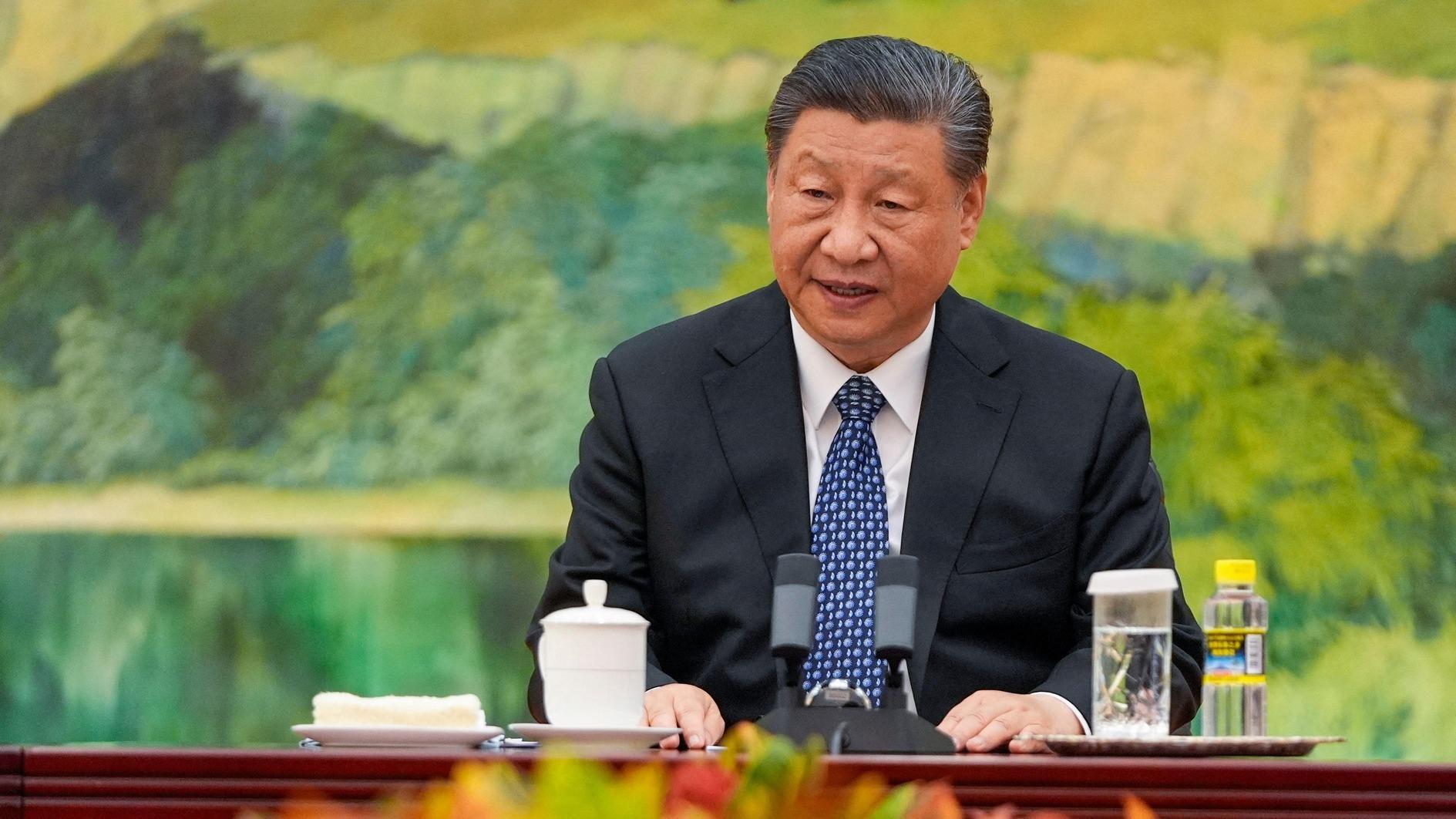Women journalists bear the brunt of cyberbullying
PERUGIA

Women journalists face greater threats online in the course of their work, and the trend is increasing, one expert told an international conference in Italy over the weekend.
"There is significant potential for online violence to escalate to offline harm," said Julie Posetti research director of the International Center for Journalists (ICFJ).
"Women tend to face greater threats online," she told delegates at the Perugia International Journalism Festival on April 20. And, she added, "the kind of threats they face are increasing."
That toxic environment was being "facilitated by Big Tech companies", she added, accusing them of "a failure to take responsibility."
In a joint UNESCO/ICFJ study in 2022, nearly three-quarters of women journalists interviewed said they had experienced online violence or abuse in connection with their work. They interviewed 900 journalists from 125 countries.
Attacks online include insults, sexist and sexual comments, and physical threats, including death threats to journalists and their families, the conference heard.
Increasingly sophisticated attacks include blocking accounts, hacking, publishing private photos and creating "deep fakes," fake sexual images of people without their consent.
Violent threats tend to increase when combined with discrimination linked to skin color, religion or sexual orientation.
Posetti and two other researchers have built a guide and toolbox on the topic targeting journalists, together with the Organization for Cooperation and Security in Europe (OSCE).
Filipino journalist Maria Ressa, the 2021 Nobel Peace Prize winner, was a victim of online abuse, as she explained in the ICFJ-UNESCO report.
"I was a CNN war correspondent for two decades, but nothing in the field prepared me for the orchestrated, misogynistic attacks on me and our women-led news outlet, Rappler," she said.
BBC disinformation specialist Marianna Spring received an avalanche of abusive tweets last year, threatening to kidnap her or slit her throat.
Much of the abuse followed her investigation into the takeover of social media network X, then known as Twitter.
In some cases, online threats can translate into physical violence.
A fifth of women surveyed said they had suffered attacks or insults in real life that were linked to online abuse.
















